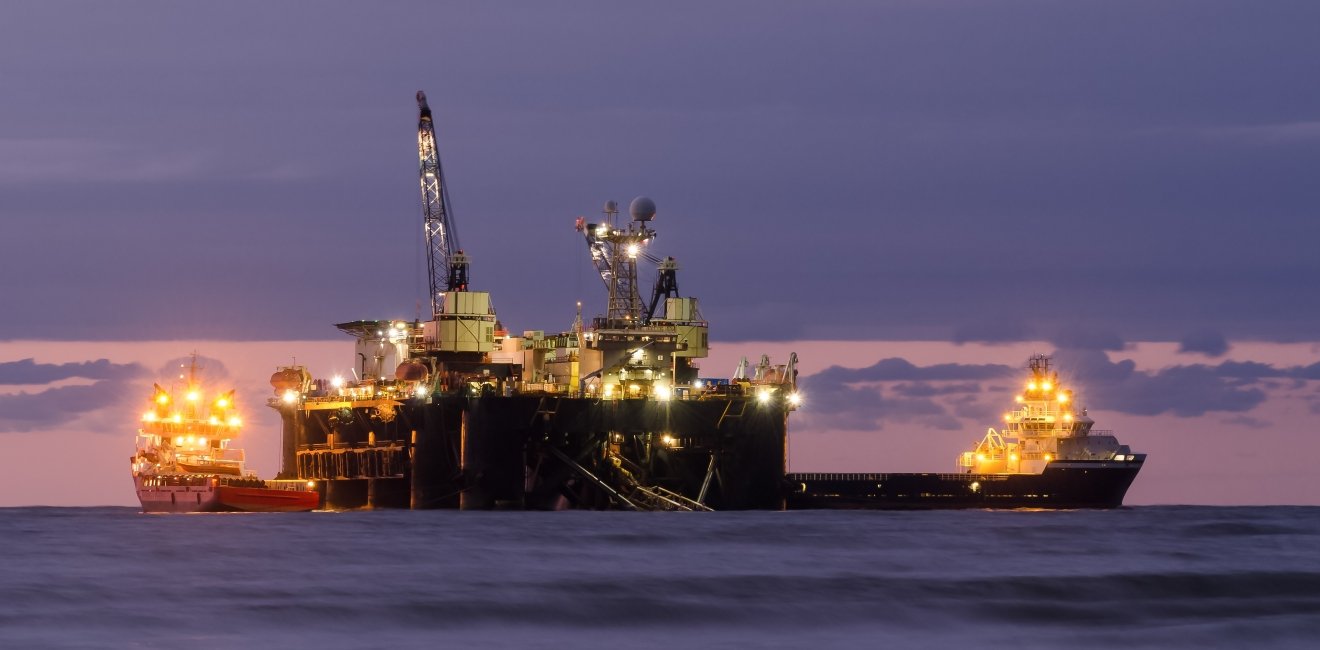
A blog of the Kennan Institute
BY VALERIYA IZHYK
The summer of 2021 will be remembered as a game-changing time for the Nord Stream 2 (NS2) pipeline, which conveys Russian gas straight to Germany, as two important judgments entered into force. First, on July 15, 2021, Poland won a lawsuit against Germany to ensure access to the gas transmission and distribution system under EU regulations, proving that the principle of energy solidarity is not just a political formula but a legal instrument that can be used to assess every decision made by an EU member state and applied to any gas pipeline that lies within the EU. And second, on August 25, the German Court ruled that the NS2 pipeline is not exempt from EU competition rules, which in practice means there is no way to transmit only the Russian state-owned Gazprom's gas through the pipeline. Together, these two decisions might halt the full-fledged launch of the NS2 pipeline.
The Baltic Sea Pipeline Connector, or OPAL (Ostsee-Pipeline-Anbindungsleitung) pipeline, which was the subject of the first case, delivered Russian gas from the Nord Stream 1 pipeline to Germany and on to the pipeline grid in Central and Western Europe with more than 50 percent of the pipeline’s capacity carrying Gazprom gas, which is a breach of the EU’s competition law pertaining to energy. Moreover, pumping more gas through OPAL allowed Gazprom to decrease its flow through the Yamal and Brotherhood transit routes, from which Poland received transit revenue. In the OPAL opinion, the Court of Justice of the EU held that the European Commission, the executive branch of the EU, together with the German Federal Network Agency (BnetzA), the state authority that grants certification, should have not allowed Gazprom full access to the capacity of the OPAL pipeline and that those entities should have considered the loss to gas markets in Poland, Lithuania, and Latvia as a result of OPAL’s full-capacity operation. In failing to do so, the Court held, they disregarded one of the fundamental principles of European energy policy, the principle of energy solidarity. As in the OPAL case, the NS2 pipeline cannot bring only one supplier’s gas to the EU. According to the ruling, Gazprom should auction its pipeline capacity and give access to other suppliers.
The certification of the NS2 transmission system operator seems to bring other challenges as well. As of September 8, BnetzA has four months to review the application and prepare a report (the period expires January 8, 2022). The German regulator then should pass the report on to the European Commission, which in turn has two months to craft its own opinion (with an additional two months if needed). Bypassing this procedure is impossible and will lead to sanctions. Provided the European Commission learned its lesson from the OPAL case, it cannot confirm the present governance structure for the commercial operation of NS2.
The Upcoming Winter’s Demand Favors Russia
Following the logic of these two cases and the certification timeline, and the Biden administration’s decision to waive sanctions against NS2 notwithstanding, there are enough reasons to conclude that the NS2 pipeline will not become operational until the end of 2021. A significant factor weighing against its halt, however, is the historically high price of gas. Now, with gas prices at around €76 per megawatt-hour and European gas storage facilities filled only to 74 percent, considerably lower than in previous years at the same time, stopping work on the pipeline would be political suicide for European politicians, who are more inclined to do whatever it takes to rein in soaring gas prices ahead of the winter demand. Meanwhile, although complying with its contractual obligations, Gazprom continues curbing gas flows to Europe, saying it will release more with the launch of NS2.
Along with continuous decline in Europe’s liquefied natural gas (LNG) imports (by 7.8 billion cubic meters) and European internal gas production (by 12.5 bcm) in January–August 2021, the complexity of the situation gives little hope for a near-term improvement. Even though Norway on September 22 agreed to increase gas exports to continental Europe starting October 1 by a combined 2 bcm, and Qatar’s LNG production capacity is expected to boost LNG output by 40 percent a year by 2026, easing the tight market for natural gas in the upcoming years, the looming question is how to survive the winter of 2021–2022.
Geopolitical Maneuvers—Ukraine Should Seize the Moment
Another factor that might temper actions against the pipeline is the Joint Statement of the US and Germany on Support for Ukraine, European Energy Security, and Our Climate Goals, signed on July 21, 2021. In issuing this joint statement, Germany and the United States announced their intention to offset the revenue lost from the reduced transit of gas through Ukraine, the main source of political opposition to the NS2 pipeline, by investing in Ukraine’s green transition. Though some see a "strong signal of solidarity" in the statement, it is not legally binding. Even though Germany pledged to negotiate a ten-year extension of the Russia-Ukraine agreement to transit gas through Ukraine, the statement does not legally obligate any of the parties to any particular course of action. The fact that Germany can always say it didn't manage to garner other EU member states’ support also gives it space to maneuver.
NS2 faces definite threats if the principle of solidarity proves to have teeth in European energy policy. And Ukraine is pinning a lot of hope on the European energy law. Unlike in the OPAL case, where Poland kept the legal aspects on the back-burner for a decade but eventually played the energy solidarity card, no country to date has questioned whether NS2 violates the principle of energy solidarity. Ukraine and its allies in Central Europe should seize this moment of opportunity and use external circumstances—such as the two legal judgments—to press its case.
The opinions expressed in this article are those solely of the authors and do not reflect the views of the Kennan Institute.
Author

Kennan Institute
The Kennan Institute is the premier US center for advanced research on Eurasia and the oldest and largest regional program at the Woodrow Wilson International Center for Scholars. The Kennan Institute is committed to improving American understanding of Russia, Ukraine, Central Asia, the South Caucasus, and the surrounding region through research and exchange. Read more

Explore More in Focus Ukraine
Browse Focus Ukraine
Talking to the Dead to Heal the Living

Ukrainian Issue in Polish Elections



